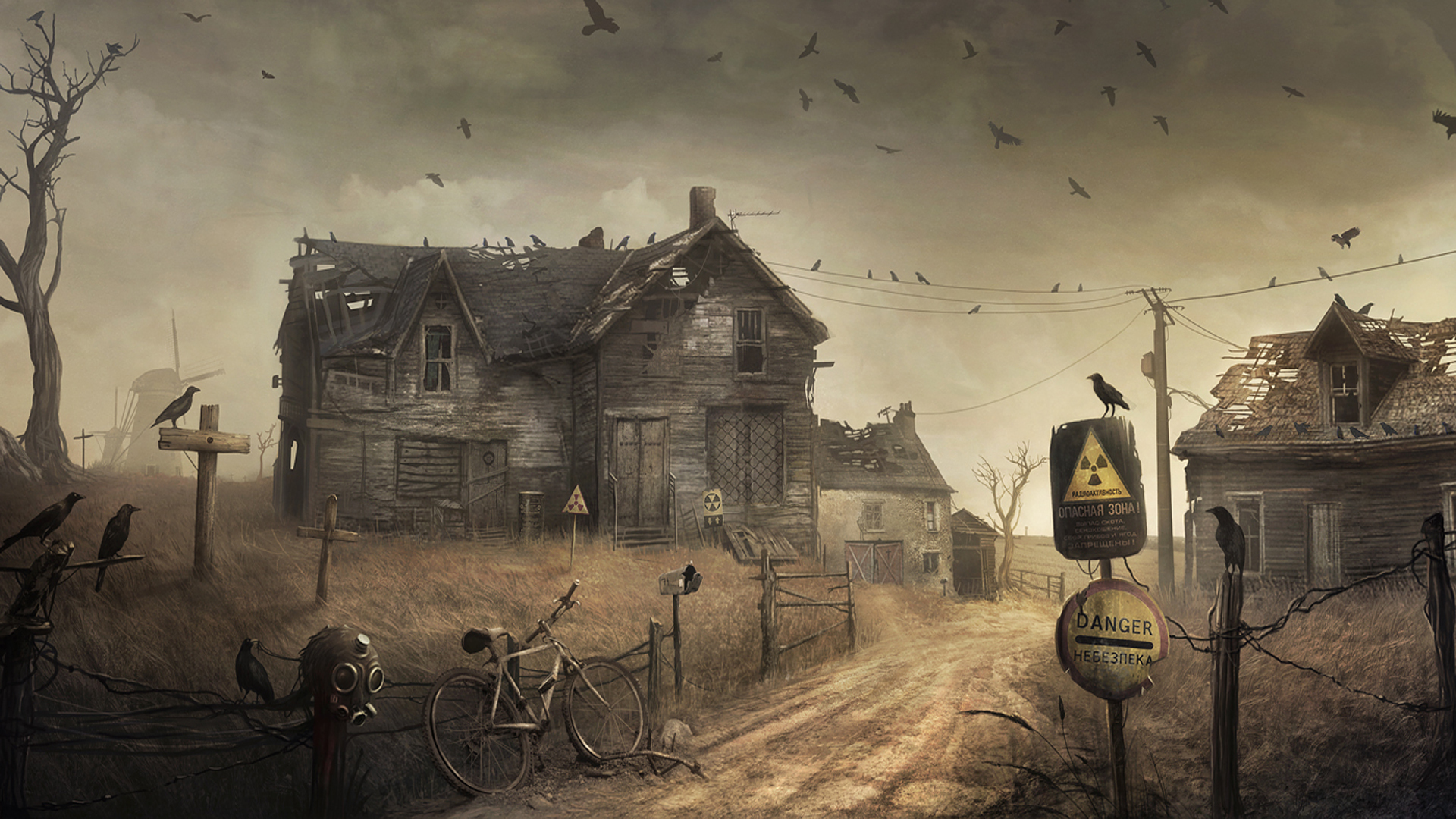 I personally think it'd be fun to see Hamlet in a post-apocalyptic setting in the near future, as groups of people are beginning to emerge at the surface. Claudius is the new leader or chief of the make-shift civilization, New Denmark. The people of the village believe Hamlet's father had recently died from a burgeoning amount of radiation from drinking irradiated water, resulting in a fatal illness. The world is already in shambles and the people just want a politically stable village,so they embrace Claudius as their new leader. A nearby village led by Baby Fortinabras, Norwaste, is at war with New Denmark over a recently recovered factory filled with Twinkies. Hamlet is a young man born after the nuclear fallout, and loves to read pre-apocalyptic books. He suspects foul play with Claudius after his mother quickly remarried. Hamlet has learned the truth of his father's death through a ghost, but the village leaders believe the radiation is beginning to get to him. Hamlet has been told to avenge his father by killing Claudius, but even the wastelands can't harden his cowardly heart.
I personally think it'd be fun to see Hamlet in a post-apocalyptic setting in the near future, as groups of people are beginning to emerge at the surface. Claudius is the new leader or chief of the make-shift civilization, New Denmark. The people of the village believe Hamlet's father had recently died from a burgeoning amount of radiation from drinking irradiated water, resulting in a fatal illness. The world is already in shambles and the people just want a politically stable village,so they embrace Claudius as their new leader. A nearby village led by Baby Fortinabras, Norwaste, is at war with New Denmark over a recently recovered factory filled with Twinkies. Hamlet is a young man born after the nuclear fallout, and loves to read pre-apocalyptic books. He suspects foul play with Claudius after his mother quickly remarried. Hamlet has learned the truth of his father's death through a ghost, but the village leaders believe the radiation is beginning to get to him. Hamlet has been told to avenge his father by killing Claudius, but even the wastelands can't harden his cowardly heart.
Imagine this in Act 3 Scene 4. Polonius and Gertrude talk in the center of the civilization, a sturdy, yet scruffy building that managed to survive the war. Only the "royal" get to sleep in a real building, while the rest live their lives in poorly-built shacks. Polonius hides in an empty closet as he hears Hamley approaching the room. Hamlet talks with his mother abou
 t Claudius, and the argument gets heated. Their yells echo and bounce off the bare cement walls. The queen begs Hamlet not to her, and Polonius can't help but gasp in terror. Hamlet looks at the closet, exclaims there is a mutated giant cockroach, and thrusts his rusty machete through the rotting door without hesitation. After Hamlet pulls out Polonius' body, Gertrude begins to see a new-found thirst for violence in his eyes. The ghost appears to Hamlet, dressed in his rugged armor made from a variety of recovered materials. Gertrude believes the radiation is making Hamlet hallucinate. Hamlet requests his for his mother not to reproduce with Claudius,and claims he will hide Polonius' body in an abandoned shack on the outskirts of the village.
t Claudius, and the argument gets heated. Their yells echo and bounce off the bare cement walls. The queen begs Hamlet not to her, and Polonius can't help but gasp in terror. Hamlet looks at the closet, exclaims there is a mutated giant cockroach, and thrusts his rusty machete through the rotting door without hesitation. After Hamlet pulls out Polonius' body, Gertrude begins to see a new-found thirst for violence in his eyes. The ghost appears to Hamlet, dressed in his rugged armor made from a variety of recovered materials. Gertrude believes the radiation is making Hamlet hallucinate. Hamlet requests his for his mother not to reproduce with Claudius,and claims he will hide Polonius' body in an abandoned shack on the outskirts of the village.